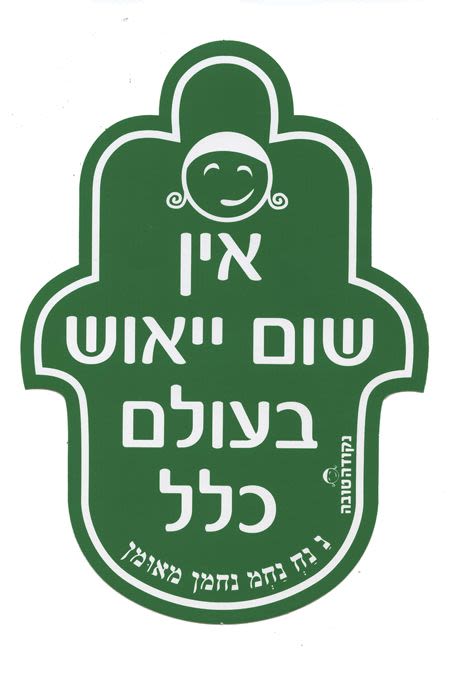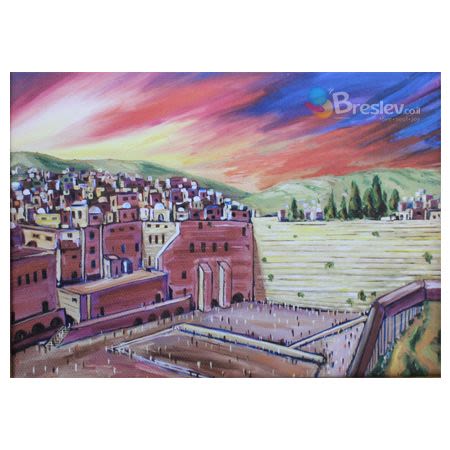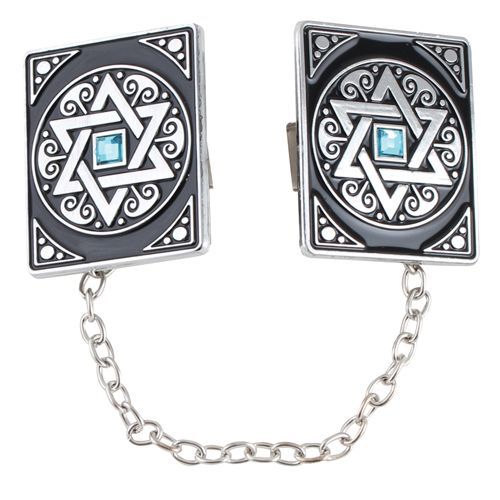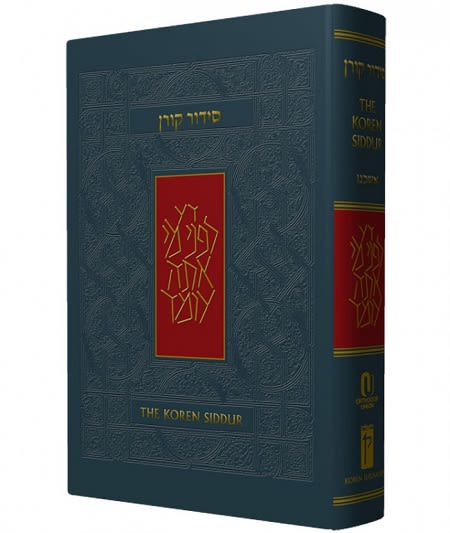
Real Wealth
How Baron Rothschild became so wealthy, and why the money you give away is actually the only money you truly own…

“And each man’s holy things shall belong to him” (Numbers/Bamidbar 5:10)
Rebbe Shlomo of Bobov zt”l would tell a story that his ancestor, Rebbe Chaim of Sanz, zt”l, would often tell: Rabbi Shimshon Wertheimer (1658–1724), zt”l, known as the Nobleman of Vienna, was Chief Rabbi of Hungary and Moravia. When Rabbi Shimshon was appointed the chief financier of Emperor Leopold, King of Hungary, Croatia, and Bohemia, he became very prominent in the Imperial Court. The other ministers of the Imperial Court became extremely jealous of Rabbi Shimshon. They began to falsely accuse Rabbi Shimshon of embezzling funds from the Imperial Treasury. After many accusations had been made, the Emperor commanded Rabbi Shimshon to give an accounting of his own personal finances, so it could be ascertained whether or not any funds were acquired illegally.
Rebbe Shimshon went home, opened his charity ledger where he kept accounting of the money he donated to tzedakah (charity), and calculated how much money he dispersed to the poor. Then he gave this accounting to the Emperor. The Emperor was well aware that Rebbe Shimshon had much more wealth than this amount, and he became angry with him, shocked at how the Rabbi could have the insolence to lie to the Emperor’s face. Rebbe Shimshon was imprisoned in jail for this crime, and his entire estate seized by the Imperial Court.
After some time passed, the Emperor came to visit Rebbe Shimshon in prison and asked him, “How could such a wise man as yourself do something so stupid to only reveal to me a small portion of your wealth? It is well known that you have way more wealth than this amount!” Rebbe Shimshon zt”l responded, “My lord Emperor, I did not lie, nor did I say anything improper. When the Emperor says he knows of all of my wealth, none of that is truly mine, as can be proven that you seized all of my wealth, and I am now impoverished. None of that wealth is mine. The amount I reported to the Emperor is the amount I distributed to charity, which is truly mine, since no human being can ever take this merit away from me. Even the Emperor himself cannot seize this money I have already invested in charity!”
When the Emperor heard Rebbe Shimshon’s intelligent words, he was placated, He had him released from prison, returned his wealth to him, and gave him additional gifts in order to appease him.
This fundamental idea is found in the Talmud (Bava Basra 11b), which describes the custom of King Munbaz of Adiabene who lived at the end of the Second Temple period. During a famine he distributed all of his personal wealth to charity including that which he inherited from his ancestors. When his family complained and said “your ancestors saved up treasures, and each one added to the previous, and you give it all away!” He replied, “My ancestors stockpiled material wealth here below on earth – I prefer to stockpile spiritual wealth up above in Heaven!”
I once heard from Reb Aharon Rothman a”h of Los Angeles-Brooklyn, who attended the funeral of the holy Rebbe Yaakov Moshe Safrin of Komarno (1861-1929). The Rebbe’s son-in-law, the holy Rebbe the Minchas Elazar of Munkatch zt”l eulogized his father-in-law: “People say that my father-in-law zt”l was very wealthy, this is true, but he took all of his money with him to Heaven.” Indeed, when they opened his safety deposit box, expecting to find a large sum of money, they found instead that it was empty, with the exception of an IOU for $400, with the Rebbe’s request that his belongings should be sold to repay the debt. The people then realized that although a large amount of money passed through his hands, nobody knew that he gave away all of his money to tzedakah, and this is the money he brought with him to the Next World (Olam Haba).
I also heard from the Klausenberger Rebbe zt”l who heard from his father Rebbe Tzvi of Rudnik zt”l, that a great Rabbi once had occasion to visit the famed philanthropist Baron Rothschild who befriended him very warmly. One day, Baron Rothschild gave the rabbi a grand tour of his mansion. He then asked the rabbi to be honest with him and tell him if he saw anything in the house that violated Torah. There was one room which the Baron refused to show the rabbi. This room was heavily locked, and no one was ever allowed to enter there. Everyone assumed that the Baron stored a large sum of money and valuables there.
The Rabbi, however, begged to enter the room, and finally he was allowed entrance. To his astonishment, the Rabbi saw that the room contained nothing but a coffin and burial shrouds, as well as a Sefer Tehillim (Book of Psalms). The Rabbi asked Baron Rothschild for an explanation. The Baron responded: “A man of means like myself can easily forget my own mortality. Therefore on the last day of every Jewish month I lock myself into this room, don the shrouds, and lie down in the coffin, and recite the entire book of Tehillim (Psalms), to remind me that one day I will die and be placed in a coffin with shrouds. This helps me realize that all of the superficial honor I receive and all the other vanities of this world are really naught, as Chazal say (Pirkei Avos 6:10) “when a person dies, his money, whether it be silver, gold, jewels, or pearls, does not accompany him, but only Torah and good deeds alone.”
We need to think about this even more in our times when God has sent us an incurable disease. Wealthy people are suddenly dying just like the poor, Hashem save us. All their money cannot save them, as Shlomo HaMelech (King Solomon) said “Fortune will not help on the day of anger” (Proverbs/Mishlei 11:4). All of their money stays here on earth, and all that remains in the Higher World is the merit of the money they spent during their lifetimes for Torah and mitzvot.
This is what the Scripture is saying “and each man his holy things shall belong to him”, only the money that a person gives for holy things will truly be his for eternity, as this cannot be taken from him, and by this he will be worthy to a good eternal life.
***
The Kalever Rebbe is the seventh Rebbe of the Kaalov Chasidic dynasty, begun by his ancestor who was born to his previously childless parents after receiving a blessing from the Baal Shem Tov zy”a, and later learned under the Maggid of Mezeritch zt”l. The Rebbe has been involved in outreach for more than 30 years, and writes weekly emails on understanding current issues through the Torah. You can sign up at www.kaalov.org.











9/15/2020
When you need to wake up again re-read this! Instant perspective! HaRav Shalom Arush said no one, even in the end times, will escape the grave.